Let’s end modern slavery
Sir, Inspired by taking part in Run for Love across Eastern Europe in 2013 to raise funds for trafficked children, we set up Tribe, a natural performance nutrition brand on a mission to end modern slavery. A penny from every product we sell is donated to Tribe Freedom Foundation, raising a staggering £325,000 for frontline anti-slavery projects across the UK.
This Anti-Slavery Day (18 October), we partnered with Holos Kombucha, Tony’s Chocolonely and Blue Bear Coffee to raise awareness of modern slavery across the global food industry.
We need systemic changes in the food industry. Will you join us?
Tom Stancliffe, co-founder, Tribe
Healthier cake heroes
Sir, Your recent focus on cakes and biscuits highlights a growing consumer need for healthier alternatives in cake. Health has transcended beyond a macro trend to something that we simply come to expect as consumers across most categories, so it’s interesting to see that cake is no different.
In the past year, sales of healthier cakes have seen 36.5% growth [Nielsen]. While sales are split between adult and family targeted lines, the latter presents a big opportunity amidst fears of childhood obesity and PHE guidelines on what snacks children can take into school.
Healthier options are already on fixture but without signposting and merchandising them together we can’t break the permissibility barrier and capitalise on this need.
In a trading environment where top-selling confectionery lines are recognising the need to reduce sugar to ensure longevity, isn’t it time for the cake category to hero the healthier alternatives that already exist?
Nathaniel Shears, category analyst, Soreen
Stop demonising plastics
Sir, For many products used in daily life, plastic packaging is by far the most sustainable solution.
Glass is inefficient to produce, fragile, heavy to distribute and carry, expensive to recycle. Paper will soon be recognised as the world’s biggest sustainability problem, from mass deforestation through low fibre reclamation during recycling, to high methane output while rotting in landfills. It’s time to stop demonising plastics.
We need public investment in more recycling bins and collection, and upgraded public/private investment in the sorting and reprocessing of mixed plastic input, as well as more products designed to use the reprocessed output to create new uses for plastic.
Let’s start looking at how to do this instead of grasping at counterproductive alternatives.
James Borg, via thegrocer.co.uk







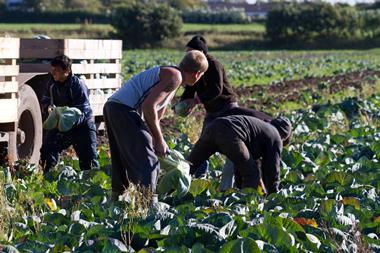

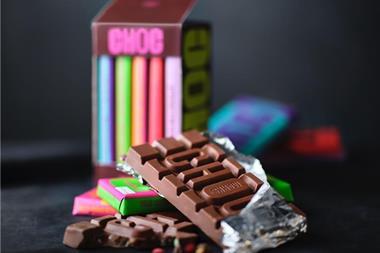
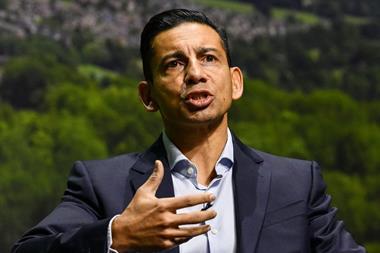
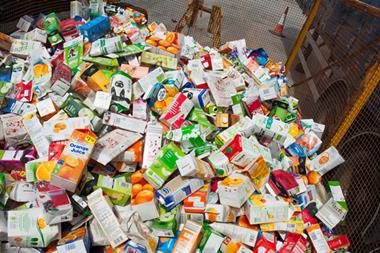
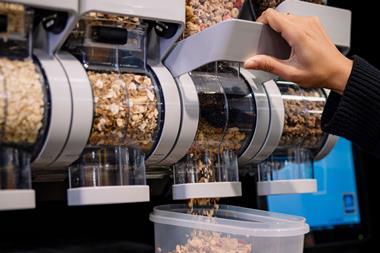






No comments yet